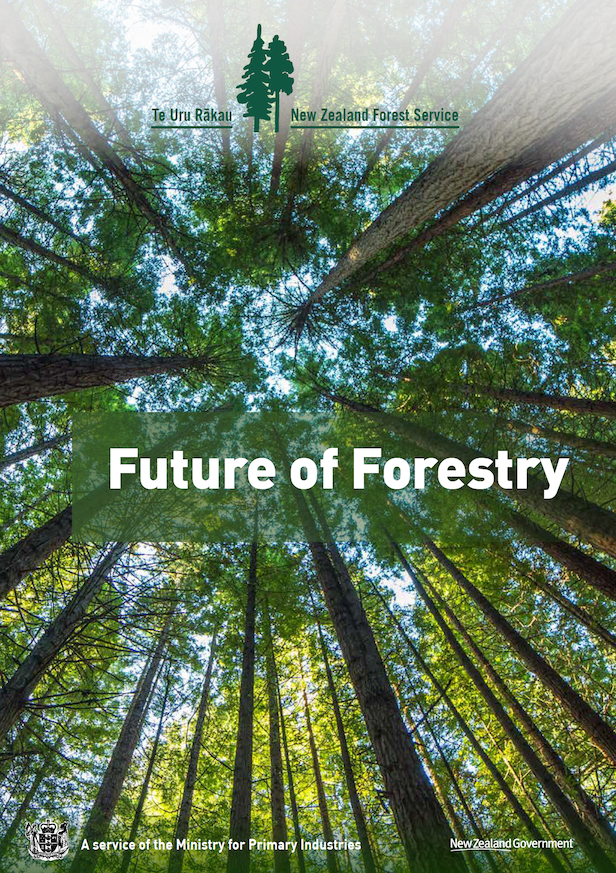A greater role for a public forestry service has been outlined by Forestry Minister Stuart Nash to drive the focus on regional economic development, skills training, and a low-emissions future.
It has the potential to fix vital bottlenecks in the initial stages of the forest industry supply chain, and drive further timber processing downstream as well.
Nash announced that Te Uru Rakau (Forestry New Zealand) will be renamed Te Uru Rakau – New Zealand Forest Service, and will shift its operational headquarters from Wellington to Rotorua.
“The name change is small but significant. It signals a more hands-on role for a public forestry service, with specialists and advisors working alongside the sector,” Nash says.
“We will lift planning and advisory capabilities within Te Uru Rākau – New Zealand Forest Service so it can offer a professional advisory service and share its forestry management expertise.
“It will provide more on-the-ground support to iwi, private land owners, farm foresters, local councils, timber processors, training institutes, and other forestry organisations.
“The Forest Service will maximise opportunities for the forestry and wood processing sector.
“Forestry will be a key part of our climate change response. In areas like biofuels, forestry can support our move away from fossil fuels.
“Innovative building products made from local wood will replace products such as concrete and steel.
“By retaining more wood processing onshore, we create local jobs and further support rural communities. Wood processing plants offer the opportunity to create high-tech, high-value products and by-products to diversify the income streams of foresters.
“Farmers, foresters and conservationists share an objective to plant more trees in the right places, whether to diversify farm incomes, stabilise erosion-prone hills, increase wood supply for processing, or create more permanent indigenous forests for biodiversity or recreational use.
“More than 258 million trees have been planted towards the goal of one billion trees by 2028.
“The dedicated fund to kick-start the public-private sector programme was time-limited, and last year it stopped accepting new applications for funding.”




